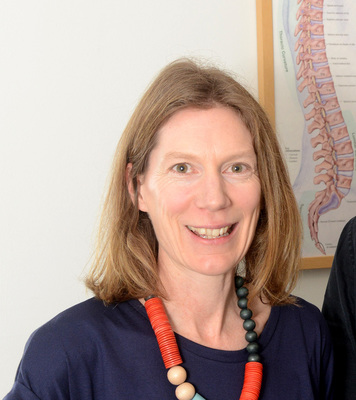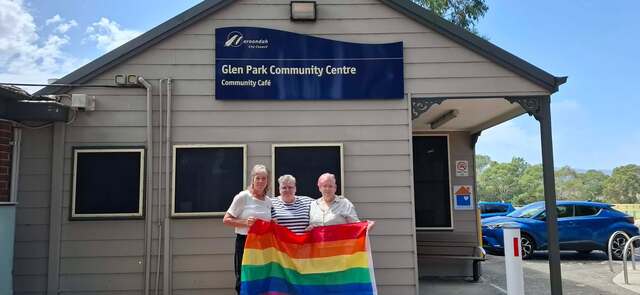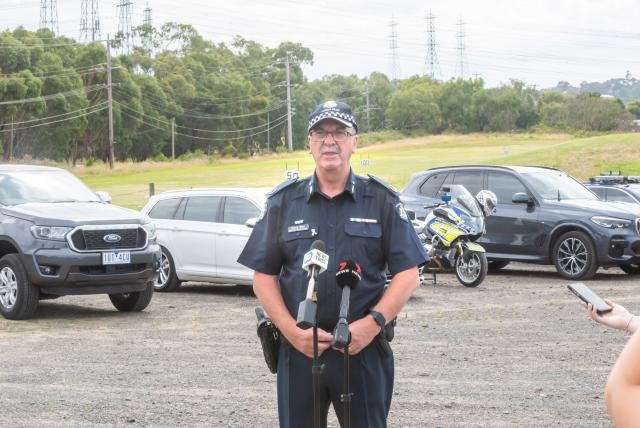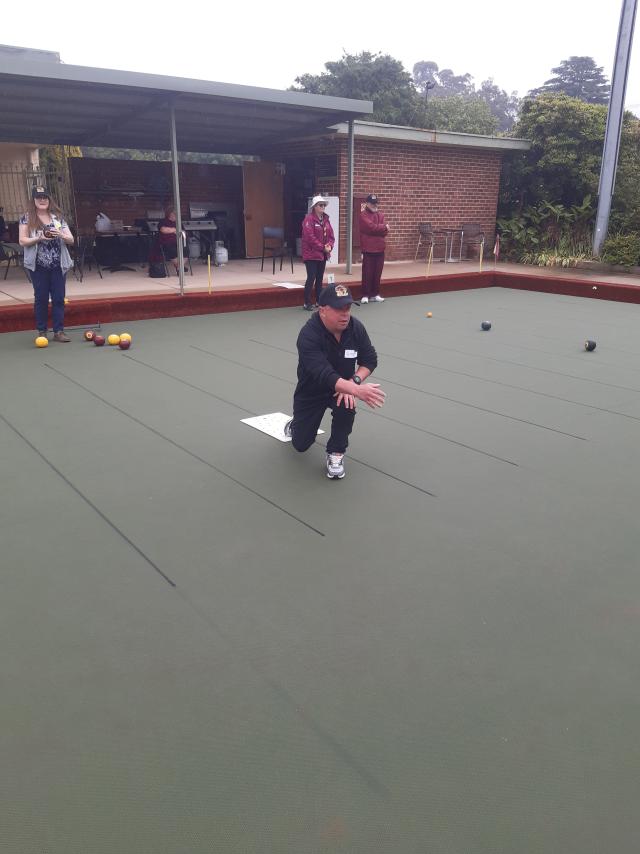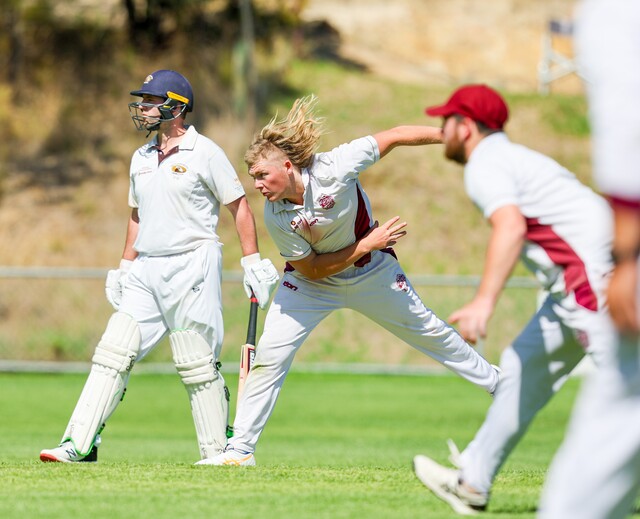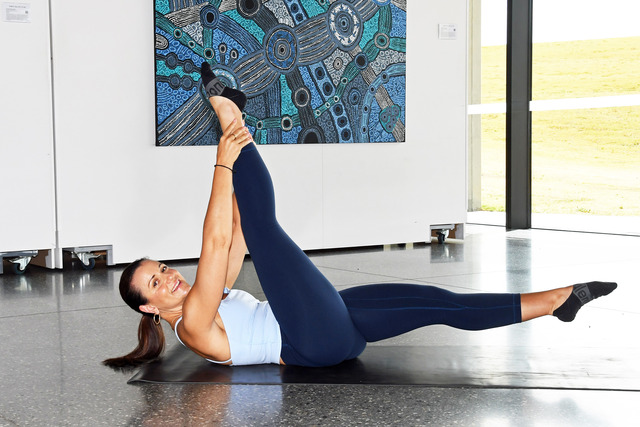Having a baby is a time of incredible joy and exhilaration and a time to adjust to motherhood, sleep deprivation and the amazing changes a woman’s body has undertaken in growing, carrying and birthing a little one.
New mums are usually keen to return to exercise and all the activities they loved doing before baby but are often unsure how to safely begin.
Runners are often a different story.
They are usually itching to get back on the trails for both the exhilaration of the run and the mental break from newborn life.
However, they may not be aware of the impact of running on their recovering bodies both now and in the future.
Fortunately, to help support postnatal women to return to running safely, there are new guidelines based on the best available current evidence.
The guidelines have been produced by three passionate UK-based physiotherapists who have sought extensive collaboration from leading international health professionals.
They recommend that there is no one size fits all approach and that most women should wait until at least 12 weeks postnatal before a graduated return to the pavement.
Some women will cringe at waiting this long but consideration must be given to the high impact loads of running and the physical, psychological and hormonal factors of postnatal recovery.
Running produces a sudden rise in intra-abdominal pressure and acknowledged increased ground reaction forces of around 1.5-2.5 times bodyweight.
Postnatal women have weakened lower limb muscles following pregnancy and childbirth and poor ability to absorb such dramatic elevations in pressure.
Abdominal and pelvic floor muscles are also recovering post-birth and if such forces are transferred to these vulnerable muscles, they will struggle to maintain continence and organ support.
No new mum wants to encounter bladder or bowel leakage or an onset of prolapse symptoms.
The stakes are high for a mum wanting to return to running.
Throw in sleep deprivation as the new norm which causes a reduction in muscle protein synthesis, and breastfeeding and its increased energy requirements, and no wonder the guidelines recommend every mother should access a pelvic health and physical assessment with a specialist physiotherapist.
Until Medicare funds such a postnatal screening assessment for every new mum this may not always be achievable.
Best practice should at the very least include starting an appropriate exercise program devised in conjunction with a health professional early, which includes specific pelvic floor and abdominal muscle training and education to ready the running mum for her appropriate time to return to running.
– Jen Vardy is a women’s and pelvic health physiotherapist with Dandenong Ranges Physio, Mount Evelyn and Olinda.

